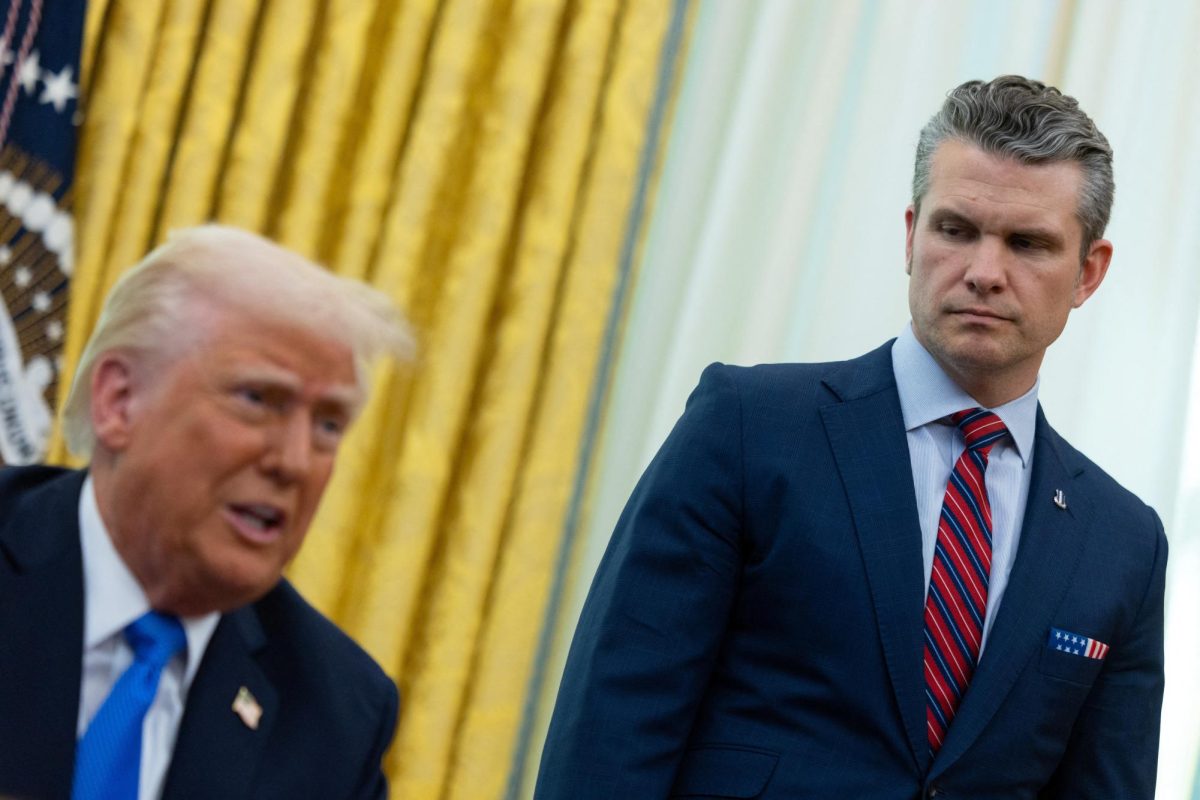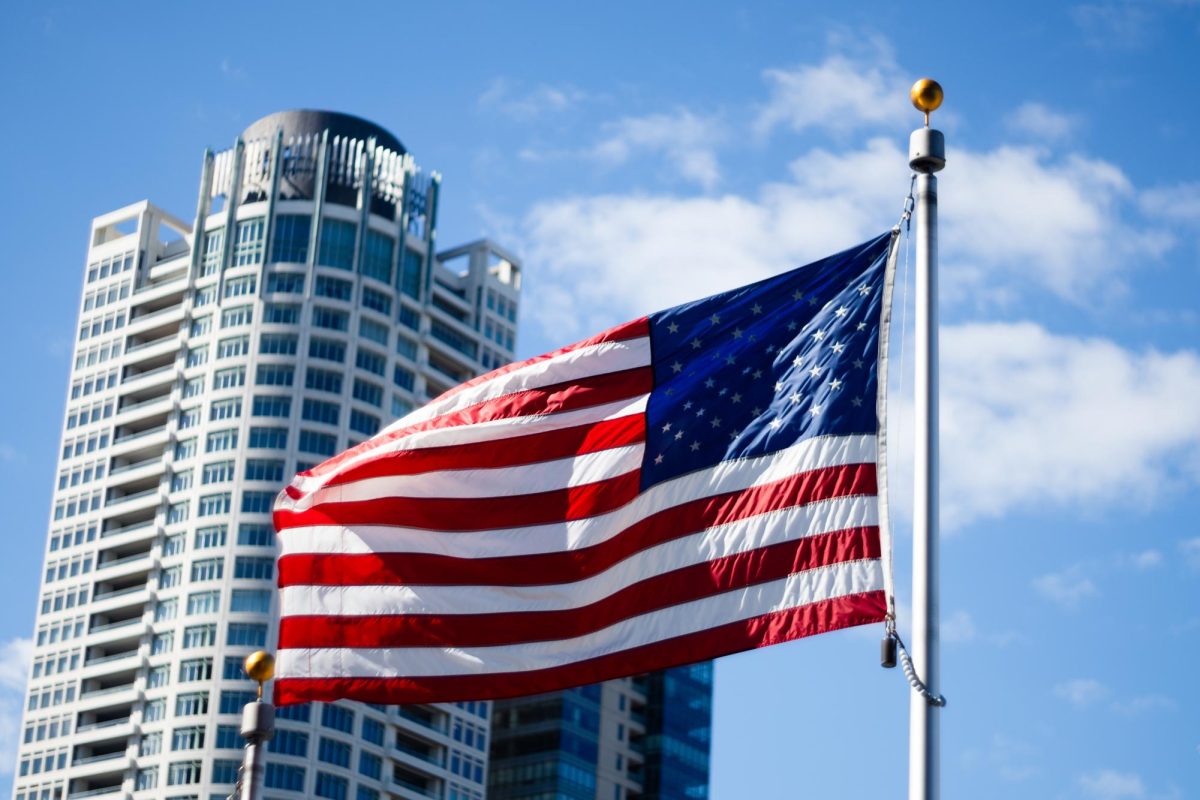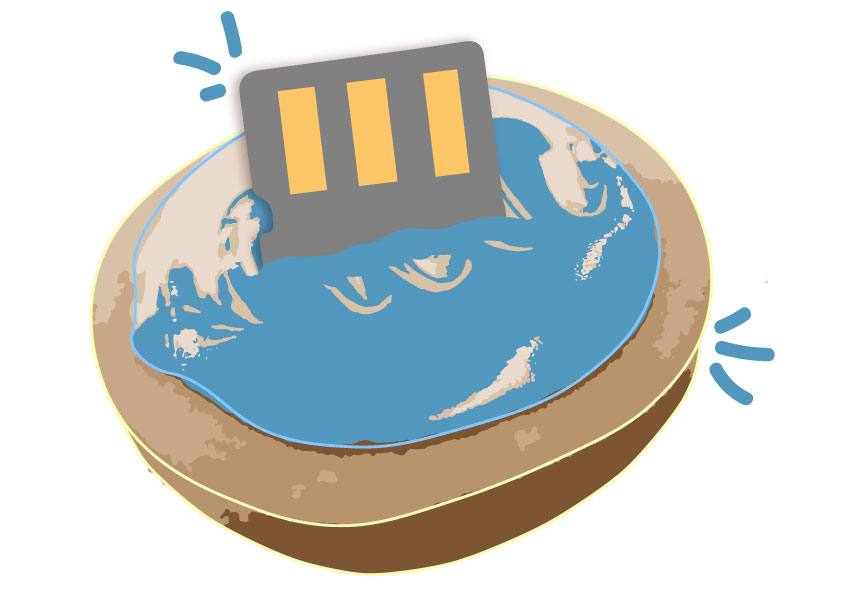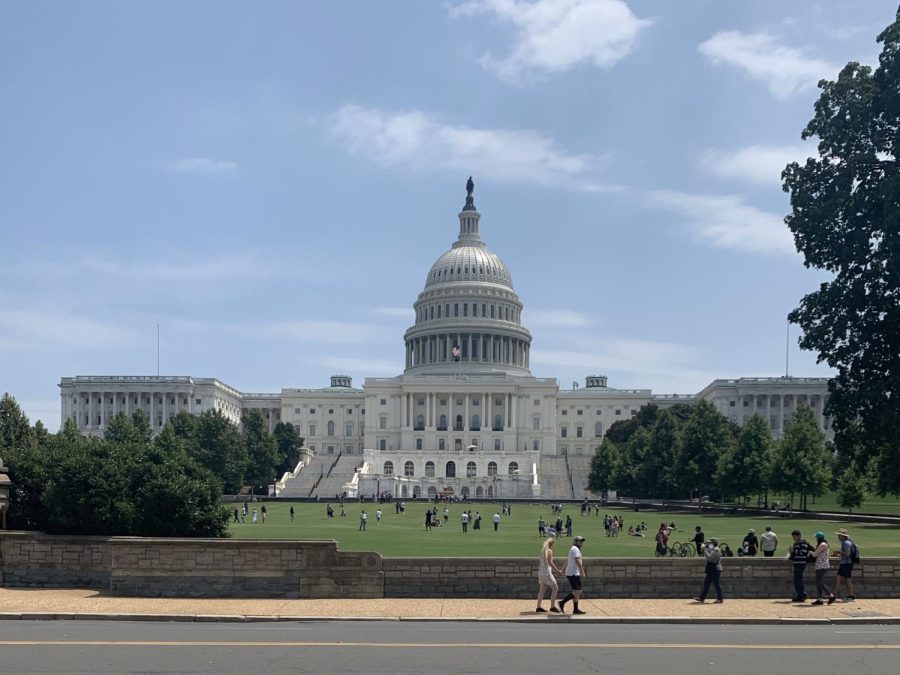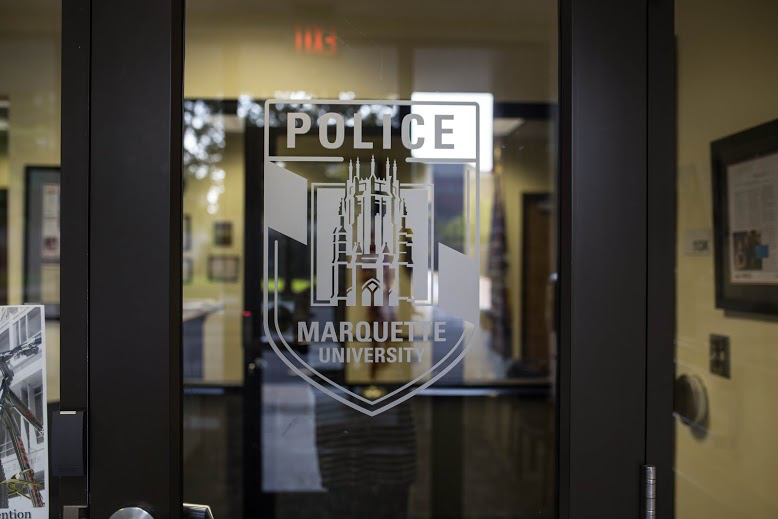Some people fear what would happen if the world saw their private group chats with their closest friends. For National Security Adviser Michael Waltz, this fear became a reality.
On March 13, Waltz created a group chat on the app Signal named “Houthi PC small group,” with 19 total members. The most prominent were U.S. Vice President J.D. Vance, U.S. Defense Secretary Pete Hegseth, U.S. Special Envoy to the Middle East Steve Witkoff, senior Trump adviser Stephen Miller, Secretary of State Marco Rubio and one outlier: Jeffrey Goldberg, the editor of The Atlantic.
Everyone in that group chat besides Goldberg has a powerful role in politics. Goldberg wrote in an article that the group chat was used to discuss war plans. Signal is a casual messaging app that is encoded to keep messages secure but has a format similar to GroupMe which is used commonly to communicate at Marquette.
The group chat was used to discuss military strikes in Yemen that would happen on March 15. The texts included operational information about targets and weapons that Goldberg did not publish the details of.
“According to the lengthy Hegseth text, the first detonations in Yemen would be felt two hours hence, at 1:45 p.m. Eastern time. So I waited in my car in a supermarket parking lot. If this Signal chat was real, I reasoned, Houthi targets would soon be bombed. At about 1:55, I checked X and searched Yemen. Explosions were then being heard across Sanaa, the capital city,” Goldberg wrote for The Atlantic.
Goldberg initially believed the group chat was a sort of scam. He said it did not logically make sense to him why these people would be communicating in such a casual manner, and it made even less sense to him why he was included in the conversation.
There were things other than the war plans, such as international affairs, that were discussed. There are several interesting moments from the conversation, such as a creative display of emojis after the strike had happened.
The digital age changes many aspects of how we communicate, and some say it has led to an increase of informal communication in the professional setting. Now, that may hold true for politics as well.
This story was written by Ellie Golko. She can be reached at elizabeth.golko@marquette.edu.


